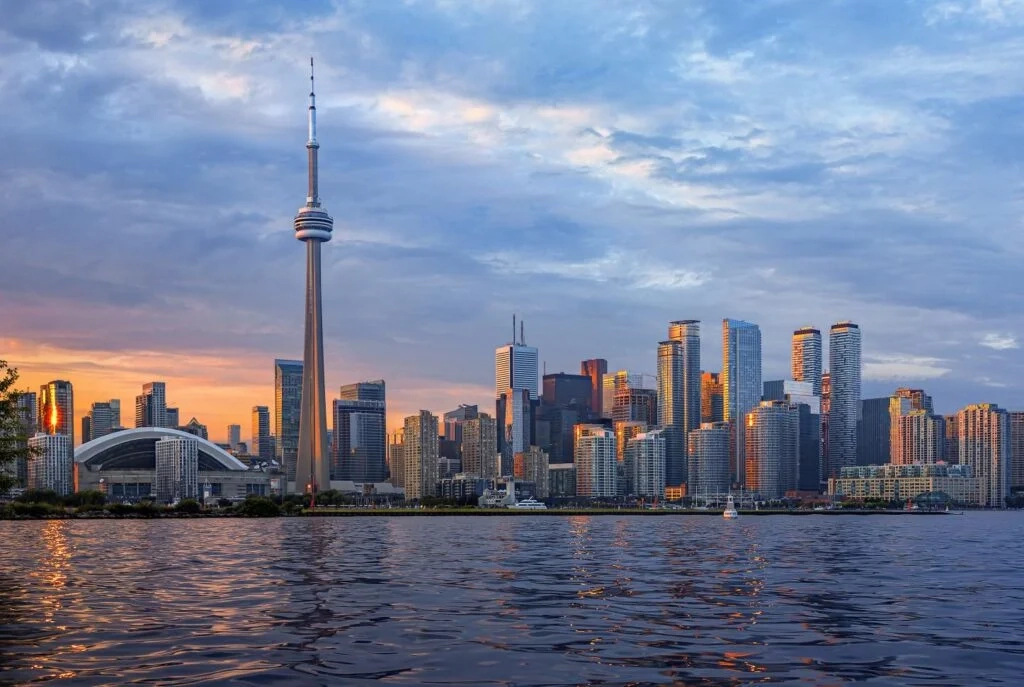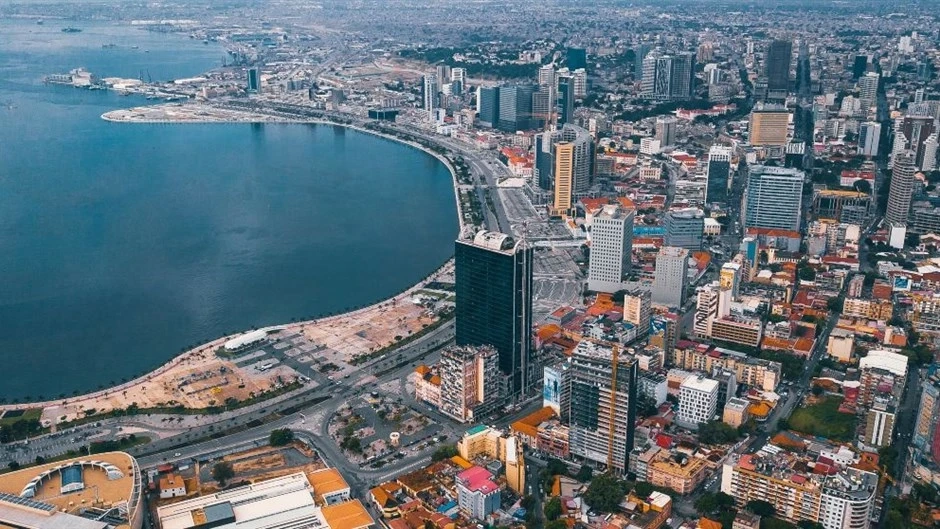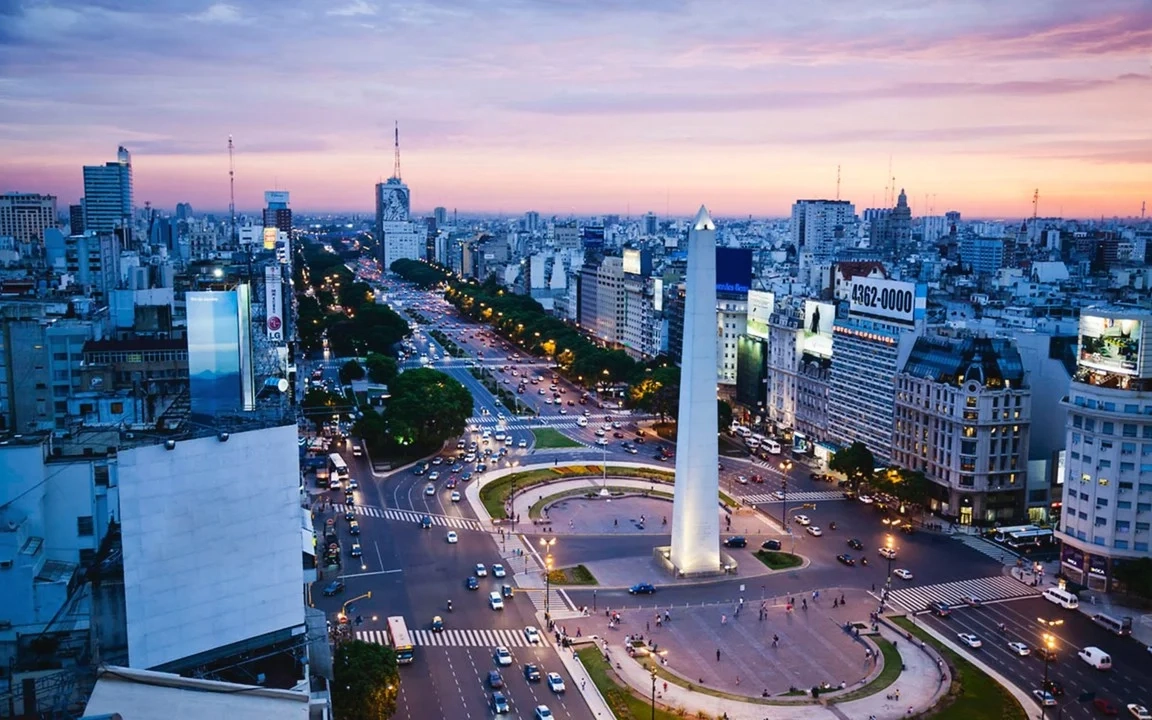With its breathtaking scenery, multicultural cities and welcoming atmosphere, Canada is a dream destination for travelers from all over the world. If you are planning to visit Canada in 2024, understanding the entry rules and visa requirements is crucial to ensure an enjoyable trip. Below you will find everything you need to know about entering Canada, obtaining a tourist visa, and the necessary documents to cross the border.
Basic requirements for entering Canada in 2024
To visit Canada, you need to
- have a valid travel document, such as a passport
- have a valid electronic travel authorization (eTA) or visitor visa
- be in good health
- have no criminal or immigration convictions
- convince the Border Protection officer that you have ties - such as a job, home, financial assets, or family - that will help you return to your home country and convince the Border Protection officer that you will leave Canada at the end of your visit
- have enough money to cover your stay (the amount of money you will need may vary. It depends on how long you will be staying in Canada and whether you will be staying in a hotel or with friends or relatives).
Canada visa rules: who can travel without a visa and how to get an eTA or tourist visa
Visa-free countries
Citizens of many countries do not need a visa to enter Canada for short-term visits (up to 6 months). Instead, they need an electronic travel authorization (eTA). These countries include Australia, most EU countries, Japan, the United Kingdom, South Korea, and others.
Key points:
• An eTA is linked to your passport and is valid for up to five years or until your passport expires, whichever comes first.
• An eTA application is submitted online and is usually approved within a few minutes. You will need a valid passport, a credit or debit card, and an email address.
• Cost: The fee for an eTA is 7 Canadian dollars.
Countries with visa requirements
Travelers from countries that are not eligible for eTA must apply for a Temporary Resident Visa (TRV) before traveling to Canada.
To find out more about whether you need a tourist visa to Canada, how to obtain it, or an eTA, enter your nationality in the special search engine on the page.
Tourist visa (temporary resident visa) to Canada
Temporary Canadian visas allow foreigners to stay in Canada for a certain period of time, which is determined by the Canadian consulate or Border Services Officers (BSO). This time is usually up to 6 months. A temporary visa can be a single-entry or multiple-entry visa.
A single entry visa allows a person to enter Canada only once, stay for 6 months, and then return to their home country. A multiple-entry visa allows a person to enter Canada several times before the visa expires and stay temporarily in the country.
A tourist (visitor) visa is a visa for temporary stay in Canada, which allows its holder to visit the country for the following purposes
• tourism or recreation
• visiting family.
If you are from a country that requires a visa to enter Canada, follow these steps to get a tourist visa:
1. Determine if you are eligible for a visa
Visit the official website of Immigration, Refugees and Citizenship Canada (IRCC) to check if you need a visa and if you meet the criteria for a visa.
2. Gather the necessary documents
• Valid passport: your passport must be valid for at least six months after your planned stay in Canada.
• Visa application form: fill out the application online by creating an account on the IRCC website.
• Proof of financial support: bank statements, a certificate from the place of work or other financial documents confirming that you can support yourself during your stay in Canada.
• Travel itinerary, including ticket and accommodation reservations.
• Two passport-size photographs.
• Confirmation of the purpose of the visit: a letter explaining the purpose of your visit and your plans to travel to Canada.
• Immigration status of your family or friends if you are visiting them.
• Your employment or educational status through resumes or diplomas, as well as a letter from your employer stating that you have contractual obligations to fulfill and must return to your home country.
• Confirmation that your stay in Canada is temporary and that you will return to your home country at the end of your visit, such as a lease agreement, property deed, etc.
• Court documents confirming that you have a clean criminal record.
All available documents other than in English or French must be translated.
3. Submit the application
Apply online on the IRCC website. You can also submit a paper application to the nearest Visa Application Center (VAC) if online application is not possible.
4. Pay the visa fee (100 Canadian dollars for a single-entry visa).
5. Make an appointment for biometrics
Depending on your citizenship, you may be required to submit biometrics (fingerprints and a photograph). You will receive instructions on how and where to submit your biometric data after submitting your application.
6. Expectations for application processing
Visa processing time depends on the country and the number of applications. Check the current processing time on the IRCC website.
You may be asked to attend an interview or provide additional information.
7. Getting your visa
If your application is approved, your passport will be stamped with a visa. Make sure all the details are correct and make a copy for your records.
Other necessary documents for entry
Even if you don't need a visa, you must have certain documents with you to ensure smooth entry into Canada:
• Valid passport (must be valid for at least six months after your planned stay).
• Travel itinerary (details of your travel plans, including airfare and accommodation reservations).
• Proof of sufficient funds to support yourself during your stay in the country.
• Booked round-trip airfare
• Medical insurance
We recommend that you take care of travel health insurance to protect yourself from risks in unforeseen situations. It is very important to choose the right plan that meets your needs. Therefore, it is better to trust qualified professionals in this matter, who will help you choose a safe insurance for traveling abroad.
Tips for smooth entry into Canada
1. Check the IRCC website and travel advisories regularly for any updates on entry requirements.
2. Prepare your documents: Keep all necessary documents organized and easily accessible.
3. Be honest: Answer all questions from Canadian immigration officials truthfully and provide all requested information.
By following these tips and ensuring that you have all the necessary documents, you can enjoy a stress-free trip to Canada.
















